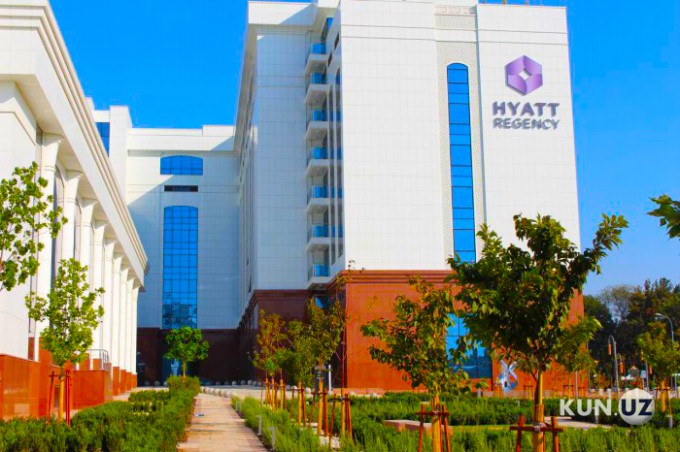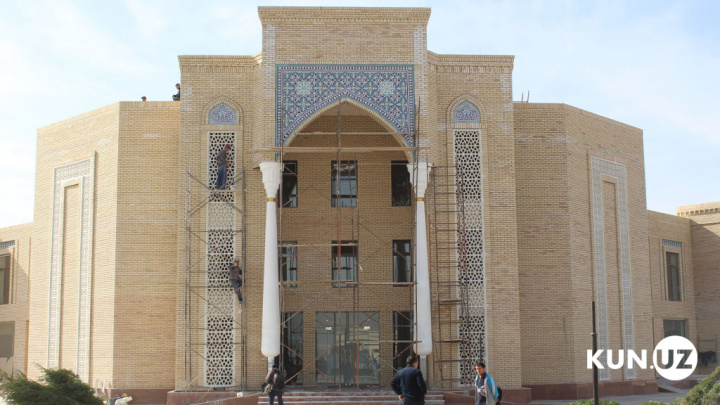Hotel and food industries hit hardest during pandemic
The Center for Economic Research and Reform (CERR), with the support of the United Nations Development Program in Uzbekistan (UNDP), conducted a survey in June to identify how small and medium-sized enterprises were affected by the pandemic and the lockdown measures.

Photo: KUN.UZ
The aim of the survey was to study the impact the COVID-19 and lockdown measures had on enterprises, as well as to assess the need of enterprises for external support during this period. A total of 887 enterprises from 14 regions participated in the survey.
Among the sectors of the economy, the hotel and food service providers were affected hardest.
“In the field of staff management, these areas can be characterized by the massive suspension of activities, the impossibility of working remotely, frequent holidays (especially unpaid leaves) and layoffs, reduction of salaries and additional benefits for the remaining employees. About half of the companies in this sector consider themselves unprepared for prolonging lockdown for more than 2-3 months,” informed the CERR.
The least affected sectors are agriculture, forestry and fisheries. In these spheres, work continues and wages are maintained or even increased. Demand for agricultural commodities has remained stable, and revenue has generally not been reduced. The only major problems are moderate market access difficulties.
The survey showed that the vast majority of respondents (78 percent) indicated that their organization continued to conduct business during the pandemic.
The highest proportion of organizations that suspended their activities is located in Tashkent (31 percent) and in Karakalpakstan (31 percent). In all sectors, at least 65 percent of entrepreneurs reported that they continue their activity, with the exception of enterprises providing hotel and food services (30 percent).
To the question about government support, the majority of entrepreneurs responded that the most appropriate support would be tax deductions (42 percent) and lower interest rates on loans (38 percent). Further options included deferred taxes and charges (24 percent) and loan payments (19 percent). Only 6.5 percent of entrepreneurs stated that their company did not need support.
Related News

21:09 / 11.02.2026
Uzbekistan’s public sector expenditures rise despite administrative reforms

15:55 / 21.11.2025
Government announces tax and customs relief measures for tourism investors

16:30 / 14.11.2025
Military service in Uzbekistan

14:42 / 26.03.2025




